8 mental health tips to weather the coronavirus crisis like a pro
Qualities of elite athletes everyone can learn from

Now that the coronavirus Covid-19 has gone global, governments are stepping up lockdowns, businesses have shuttered their doors or gone remote-work only and everyone, everywhere is (hopefully) acting like a professional cyclist in peak season - avoiding close contact with the public, washing their hands religiously and taking care to keep their immune system in top shape by getting enough sleep and eating right.
But getting through this worldwide crisis will take more than soap and water, and the whole world can learn from elite athletes, who have the resilience to handle whatever life can throw at them and still be their best. Cyclingnews spoke to sports psychologist Kristin Keim of Keim Performance to learn what qualities can help protect your mental and physical health in trying times.
1. Togetherness
Having a partner, family or roommates at home is really important when your movement outside is being limited by government restrictions to control the spread of this virus. It's important to value the people you are with.
"Really try to focus on being with the family and being engaged with your kids' school and being part of it," Keim advises, adding not to be worried about when races are going to start and life will get back to its regularly scheduled programme.
Virtual group rides, video chats, or watching bike races together are all ways to feel more connected to your community while avoiding the news.
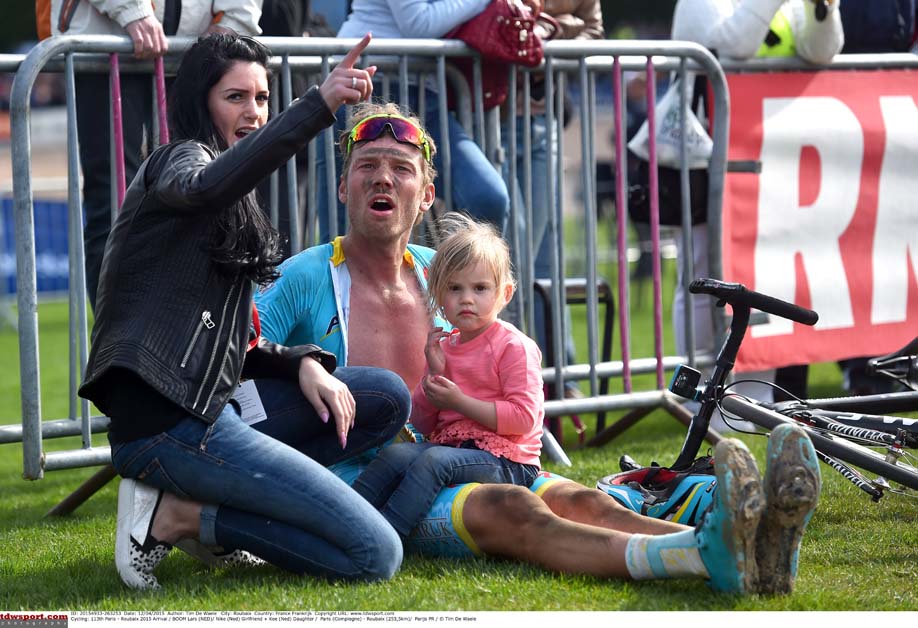
2. Hit the reset button
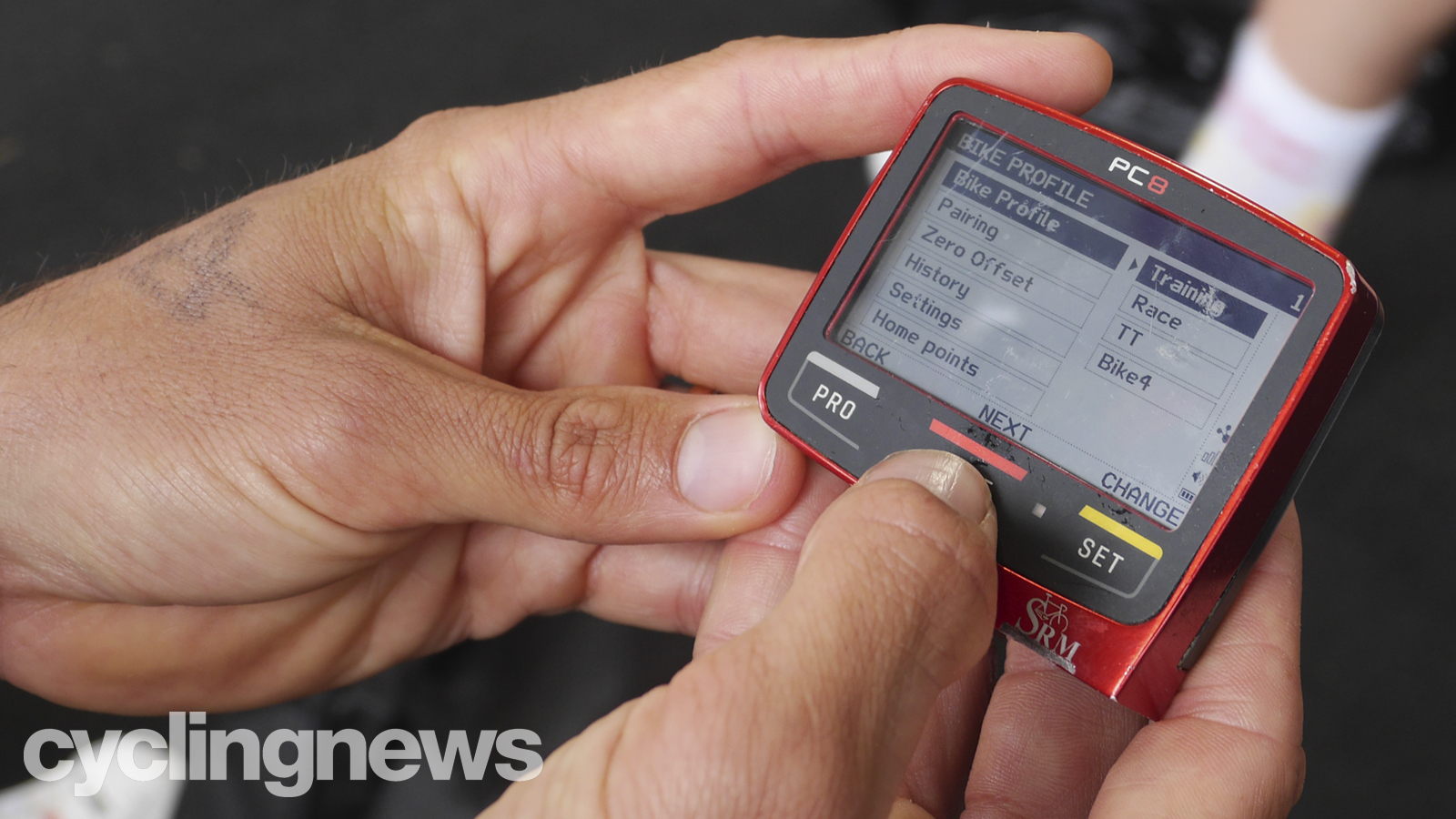
Professional athletes are experts at hitting the reset button. They get injured or sick (or races get cancelled) and they have to readjust their goals. They make a mistake in a race but then stop any negative self-blaming thoughts and get back on with the competition. Keeping positive in these uncertain times means constantly pushing that reset button.
Whatever the situation, it's a time to take the pressure off. "Really use this time to slow down and focus on getting a strong mind and body and re-evaluate goals and objectives moving forward."
Get The Leadout Newsletter
The latest race content, interviews, features, reviews and expert buying guides, direct to your inbox!
3. Mix it up
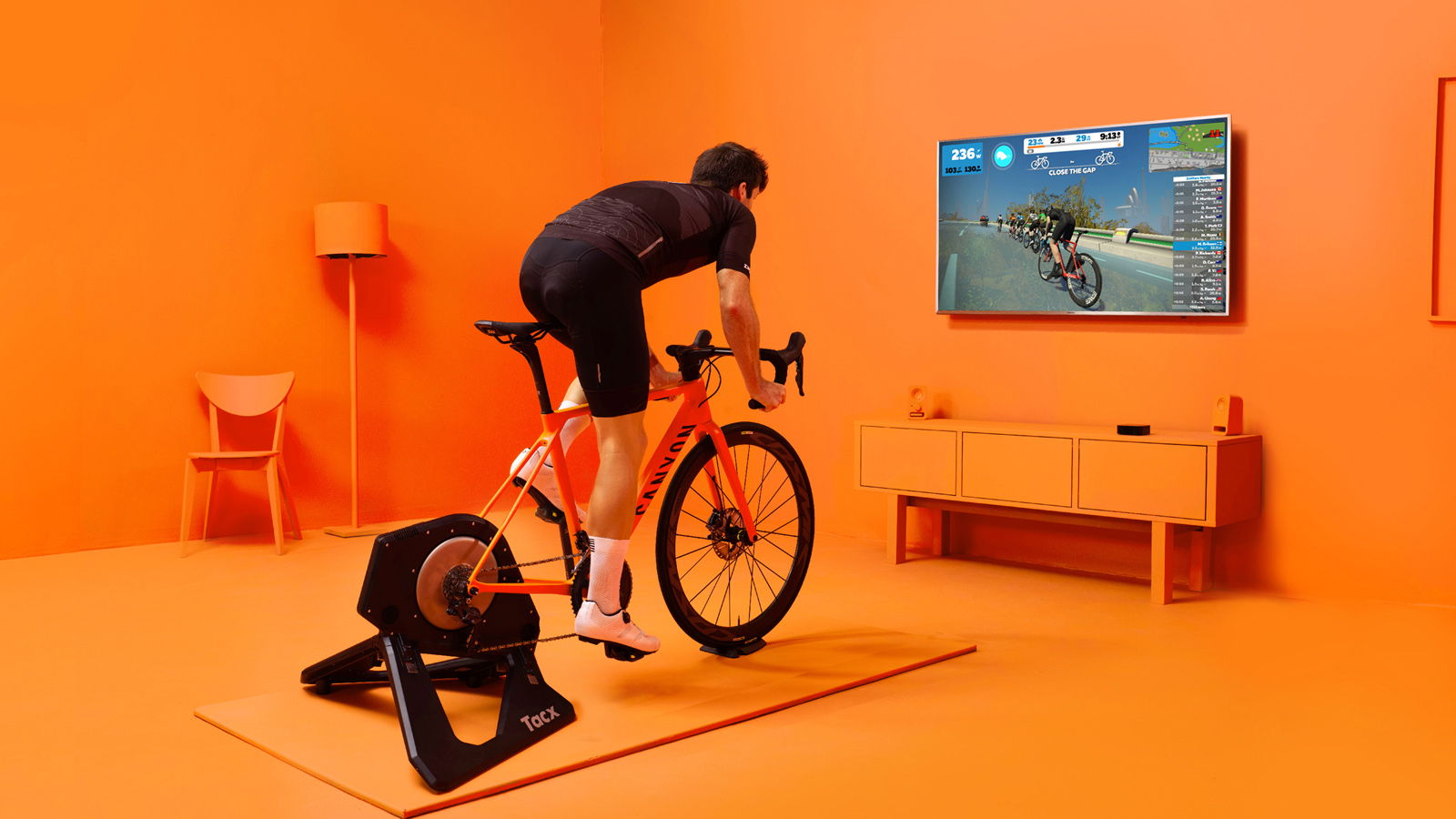
"Try out Zwift, try out things that you haven't ever done - that might be a good option to mix things up and keep engaging."
"A lot of people are doing workout videos, doing podcasts or doing blogs or whatever - trying to figure out some unique and creative ways to keep busy because a lot of them are not going to be doing big base miles or anything," Keim says. Taking online classes or learning a new skill can help distract from the disruption of daily life.
- Sara Poidevin's Healthy Habit Challenge week 1 – Core
- Rally Cycling launches 'Healthy Habits Challenge' weekly video series
- The indoor revolution: how training inside went from being universally hated to one of the fastest growing sectors
- Zwift: your ultimate guide
4. Accept uncertainty
Keim says athletes who are more accepting of disruptions will also weather this current climate best.
"The kind of people who can go more with the flow" and not get too anxious if everything is out of order right now will have an easier time.
"Athletes who are older and have been through a lot of different situations and life... and young athletes who have overcome significant injuries" and made it back to the top are all good examples to learn from.
Remember the time Mat Hayman won Paris-Roubaix after training for two months on Zwift?
5. Be present, stay positive
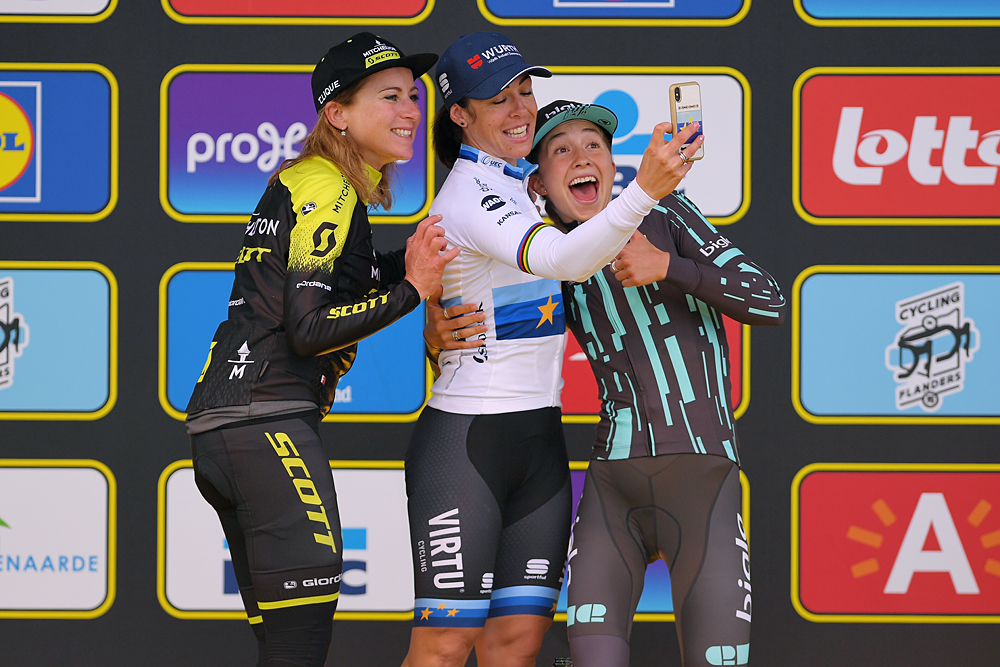
"Most elite athletes definitely have the ability to persevere and to weather the unknown," Keim says, but the ones who have a harder time keeping anxiety at bay use a few mind-calming techniques such as, "working extra hard on just staying present, coming back to the present not trying to overthink things, trying not to catastrophize or think about the future too much."
Focus on the positives in the situation: the races might not be going on but the stoppage can be good for some injured athletes. "They're actually handling things a little bit better now because they weren't even able to compete and now this gives them an opportunity to just not feel overly rushed [to heal up]."
- Coronavirus: how riders are coping with the lockdown
- Heinrich Haussler: One final shot to save my career
6. Be an influencer
Unfortunately, due to personal reasons: Ellen Rose Noble
A photo posted by @ellenlikesbikes on Mar 17, 2020 at 5:05pm PDT
"Some athletes have lots of followers. This is a very human time for everyone and I feel like it's just another good lesson to show that the real essence of sport right is its humanity," Keim said.
Athletes with large audiences can use their social media accounts for the good of humanity, to entertain or even just distract followers from the constant barrage of scary news.
"Channel your energy into something like that. Research shows that if we're stressed or worried or having hard times, reaching out and doing something good for someone else will always make you feel better."
Some athletes are giving exercise or diet advice, posting recipes or just silly videos.
- Trentin: Coronavirus goes beyond cycling, beyond sport
- Coronavirus: Riders in lockdown get creative with entertainment and training
7. Look back and find something to improve
"This is a great opportunity to go back and watch some of your old races. Try looking at the sport from a different lens, one you don't get to when you're so focussed on the pedaling part.
"I’ve found that many athletes could afford to utilize opportunities of forced rest and perhaps this is a time to heal mind, body, and spirit."
8. Honour yourself
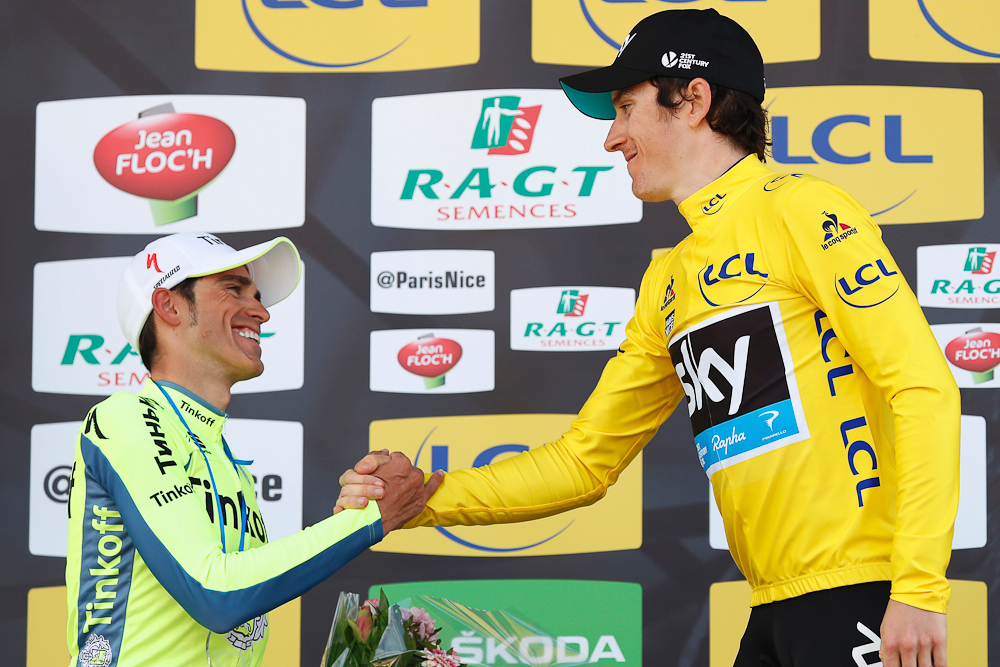
"Everyone is going through a hard time and it’s important to acknowledge that and to honor the space you’re in. This is a great time to come back to your 'why' and re-evaluate why you have chosen this as a career or to race at any level.
"Cycling is about community so reach out to your teammates via social media. I’ve seen teams doing group video chats and still finding ways to keep hope alive."

Laura Weislo has been with Cyclingnews since 2006 after making a switch from a career in science. As Managing Editor, she coordinates coverage for North American events and global news. As former elite-level road racer who dabbled in cyclo-cross and track, Laura has a passion for all three disciplines. When not working she likes to go camping and explore lesser traveled roads, paths and gravel tracks. Laura specialises in covering doping, anti-doping, UCI governance and performing data analysis.